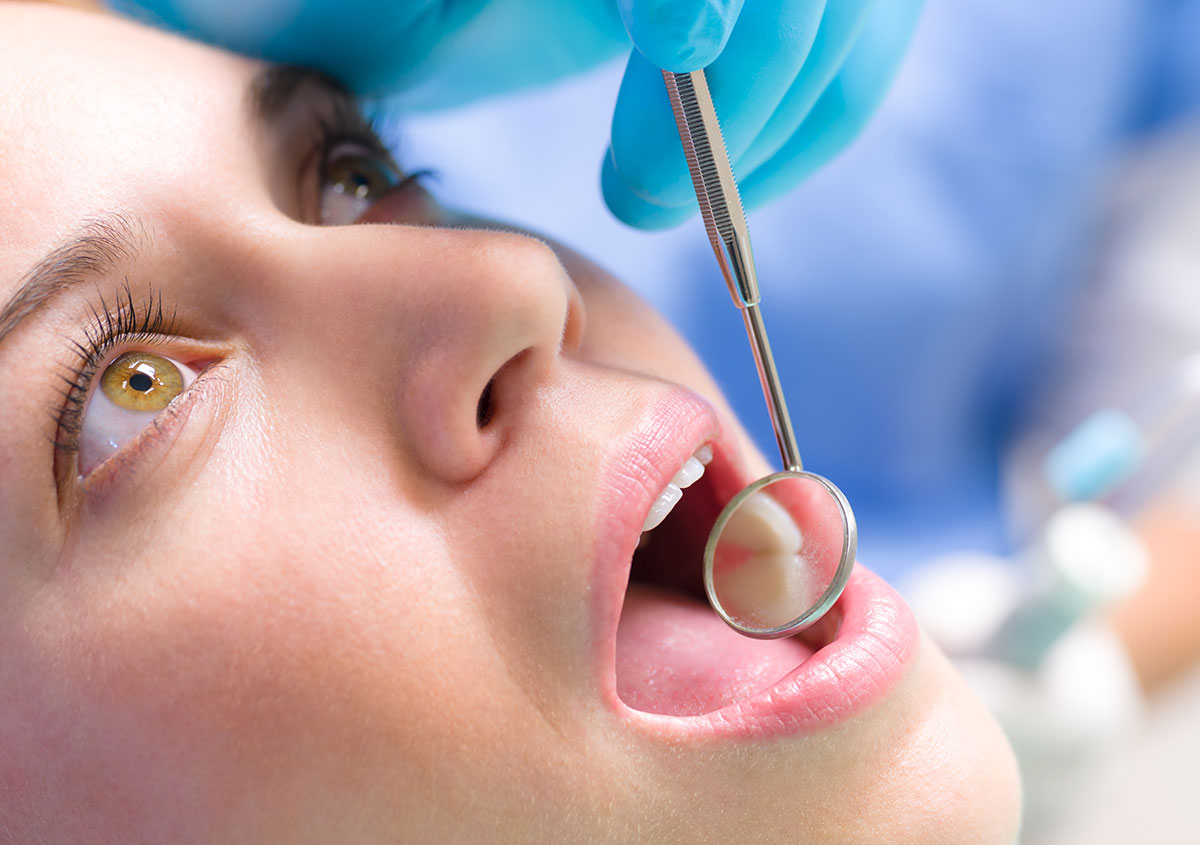The Quick Fix to Cavities

Whether it is for your routine cleaning or dental work to address a certain problem, a lot of people have a sense of anxiety when it comes time to go to the dentist.
One of the most common dental procedures is getting cavities filled, and while it may give you a bit of an uneasy feeling, you should know that having your cavities taken care of is a simple, quick process.
What Causes Cavities?
Cavities are often caused by a combination of factors such as poor oral hygiene, regularly consuming sugary beverages and the presence of bacteria in your mouth to name a few. Unfortunately, the build-up of these small problems can cause permanent damage to the tooth. To prevent further and often more serious damage, the dentist must address the problem.
How Are Cavities Fixed?
When it comes time to fix the cavity, the process is relatively simple.
First, the dentist will numb your mouth so that you will not feel any pain during the procedure. The dental cartridge components include a local anesthetic and vasopressor drugs that will stop the nerves from signaling any pain to the brain.
After numbing your mouth, the dentist can drill around the small section of tooth decay to remove the entirety of the damaged part of the tooth.
Finally, the dentist will use an adhesive filling process to replace the damaged part of the tooth to prevent any further damage to the area and allow normal functioning moving forward.
What Happens After Next?
After a dentist fills your cavity, you may find you have a bit of sensitivity in that tooth, but this is a completely normal side effect of dental work. Symptoms should subside within a few days.
Regular dental visits are an important part of your oral hygiene. If you do need to address a dental concern, your trusted professional will be sure the process is quick and painless.